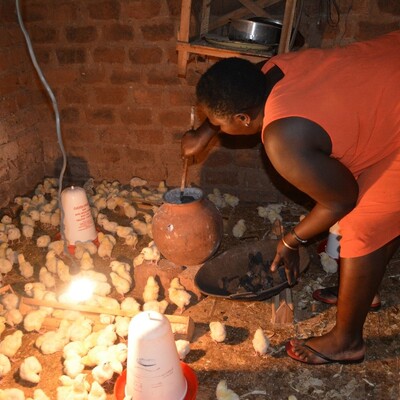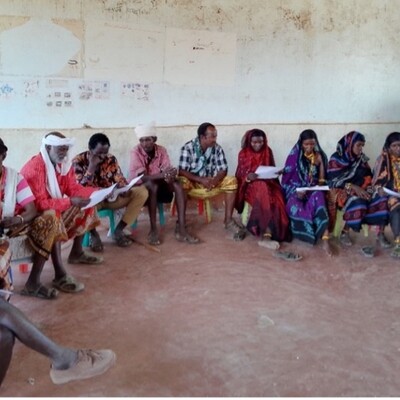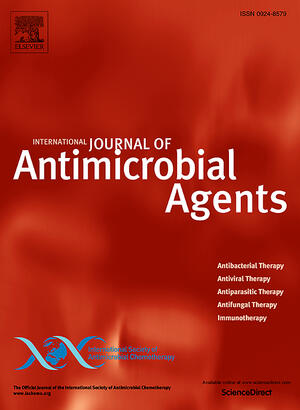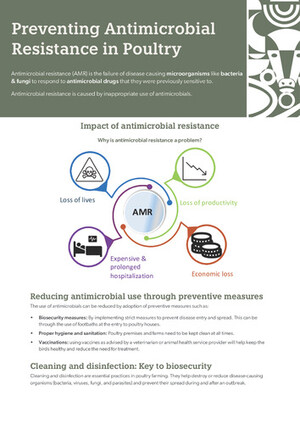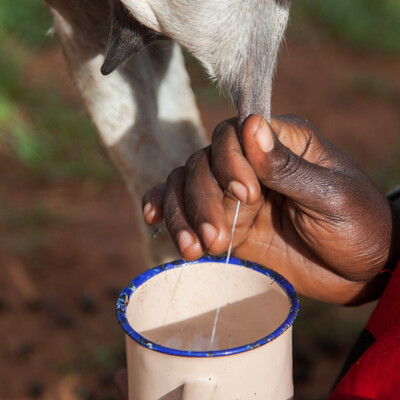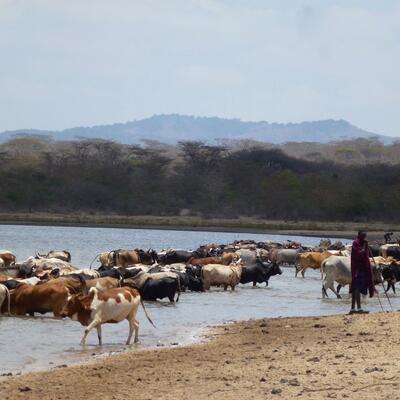
Selecting efficient farm-level antimicrobial stewardship interventions from a One Health perspective
This project uses a One Health approach to assess which farm-level antimicrobial use interventions are most efficient to prevent the development and transmission of antimicrobial resistance in Senegal.
The project provides explicit impact estimates and ranking for a range of farm-level antimicrobial resistance interventions in Senegal, highlighting where future research could be most valuable in understanding intervention efficiency from a One Health perspective.
Objectives
- Establish a consortium and international knowledge hub for information dissemination.
- Identify the most important antimicrobial resistance intervention assessment needs and outcome/impact measures.
- Use case studies to assess the impact of previous antimicrobial use policies and farm-level interventions.
- Quantify the transmission dynamics of antimicrobial resistance and estimate the impact of antimicrobial use and antimicrobial resistance scenarios on people, animals and the environment.
- Use case studies to establish the cost-effectiveness of specific interventions across the health, agriculture and environment sectors.
Expected outcomes
- Policymakers are supported to allocate adequate finances towards national action plans to tackle antimicrobial resistance.
- Modelling resources are made available for future One Health interventions to help in assessing spillover of antimicrobial resistance into the environment as a result of human activities.
- Interventions to reduce antimicrobial resistance work effectively across the One Health spectrum of human, animal and environment health.
- Development of an adaptable, open access One Health tool.
- Improved sector and transnational collaboration to promote information sharing.










